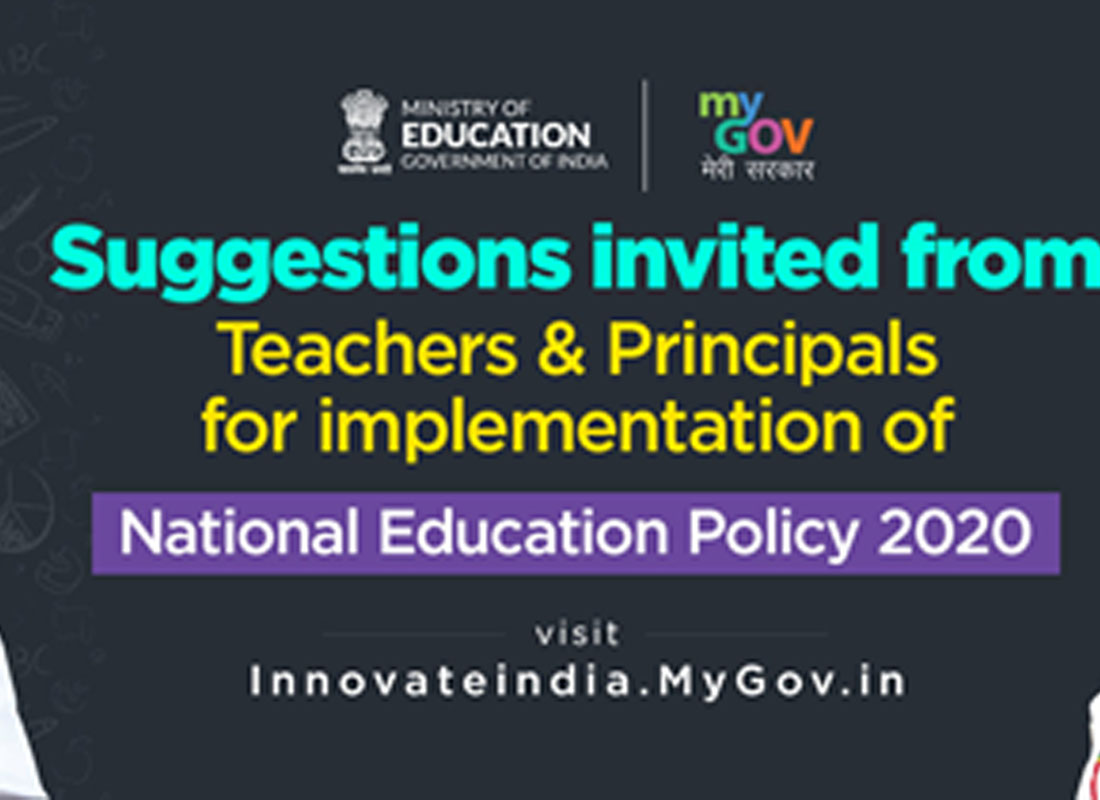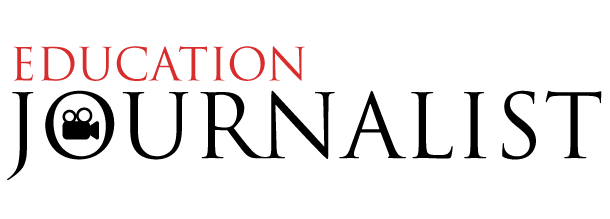The Union Cabinet, on July 29, 2020, approved the National Education Policy 2020 that can change the education scenario in our country. This big move in the education sphere came after almost three decades, which sparked many controversies and debates lately.
What does NEP 2020 say about language choice in school?
The National Education Policy 2020 also directs the government schools on the language that the students must be taught in the initial years of elementary school. It says that, until Grade V, or preferably until Grade VIII, the instruction medium in the schools should be the mother tongue or the regional language, “wherever possible.”
How will mother tongue or regional language as the medium of instruction in school help the education system?
According to the authorities, this particular method has proven to be effective in other parts of the world. Senior educationist Leena Chandran Wadia, who worked on the draft policy, said that several studies show children learn and comprehend better if they are taught in their mother tongue or the language they in which they think. This idea will ensure better participation in class, reduction in class repetition, and the number of class dropouts.
Is it ultimately a new policy?
It is not the first time that the Indian education system has tried to implement the mother language or regional language theory in the classrooms. For instance, Article 350A of the Indian Constitution states that the states and local authorities should strive to include the mother-tongue of the linguistic minority groups in the medium of instruction at the primary level of education. Similarly, the Right to Education Act, 2009 says that as much as possible, the medium of instruction in schools should be the child’s mother tongue.
What is the debate about?
However, many people have opposed the idea of introducing mother-tongue and regional language in the schools as they claim that the implementation of the idea will be difficult and ineffective. This debate has created two sections in the society, among which one of the groups prefers the English language as the ideal medium of instruction in the school, and the other half supports the NEP 2020. Some of the arguable points raised by the opposition groups are:
- The multiplicity of the language, difficult choice: The opposition group claims that the multiplicity of the language in an area can create difficulty in the decision of language choice. Moreover, it is a sensitive issue considering multiple linguistic minority groups.
- An inadequate number of teachers: Some argue that few teachers can accurately teach in the medium of the regional language or the child’s mother tongue.
- Needs more funding: People in the opposition group also alleged that the policy lacks an action plan. To effectively implement the idea, the schools will need more funding to recruit teachers and publish an entirely new set of books.
- Nationalist move: This section also protests that this is a nationalist move professed by the government and breaches the unity and diversity of the Indian society and culture.



